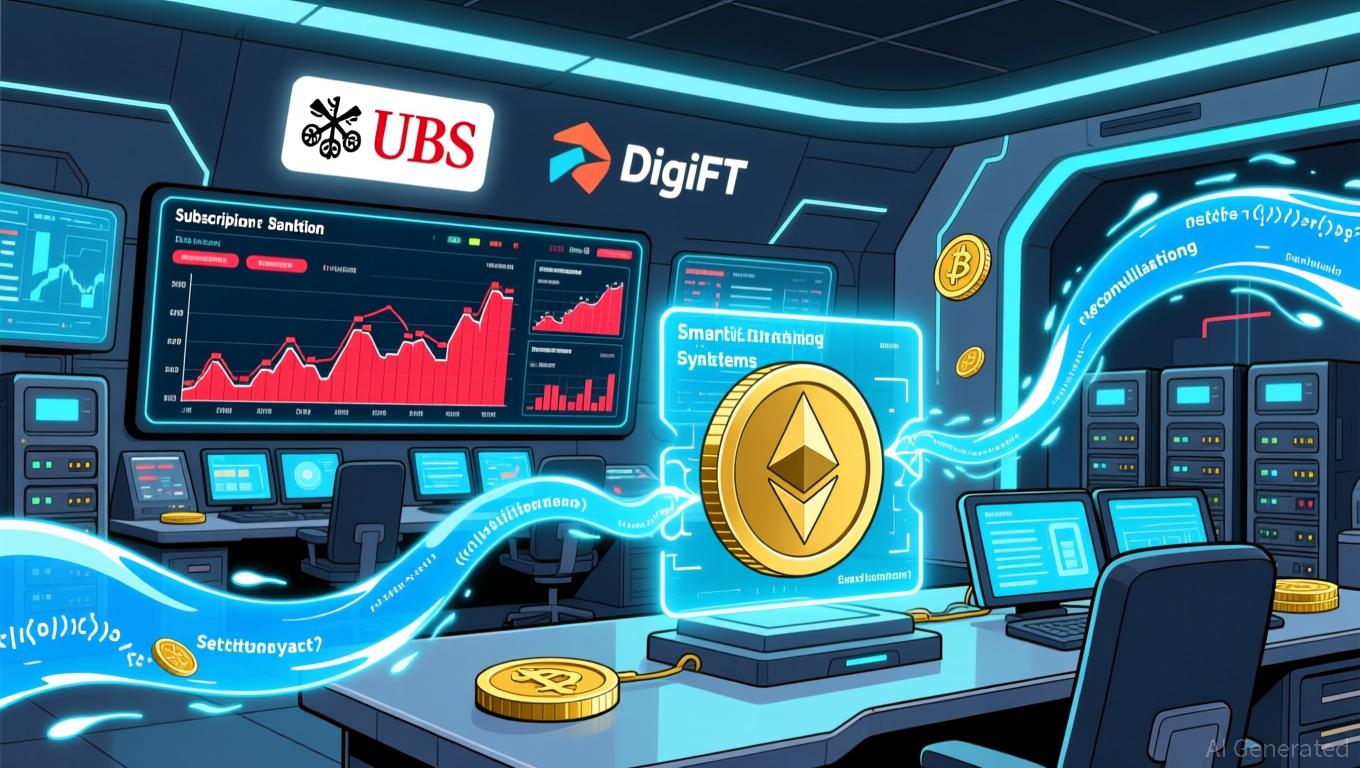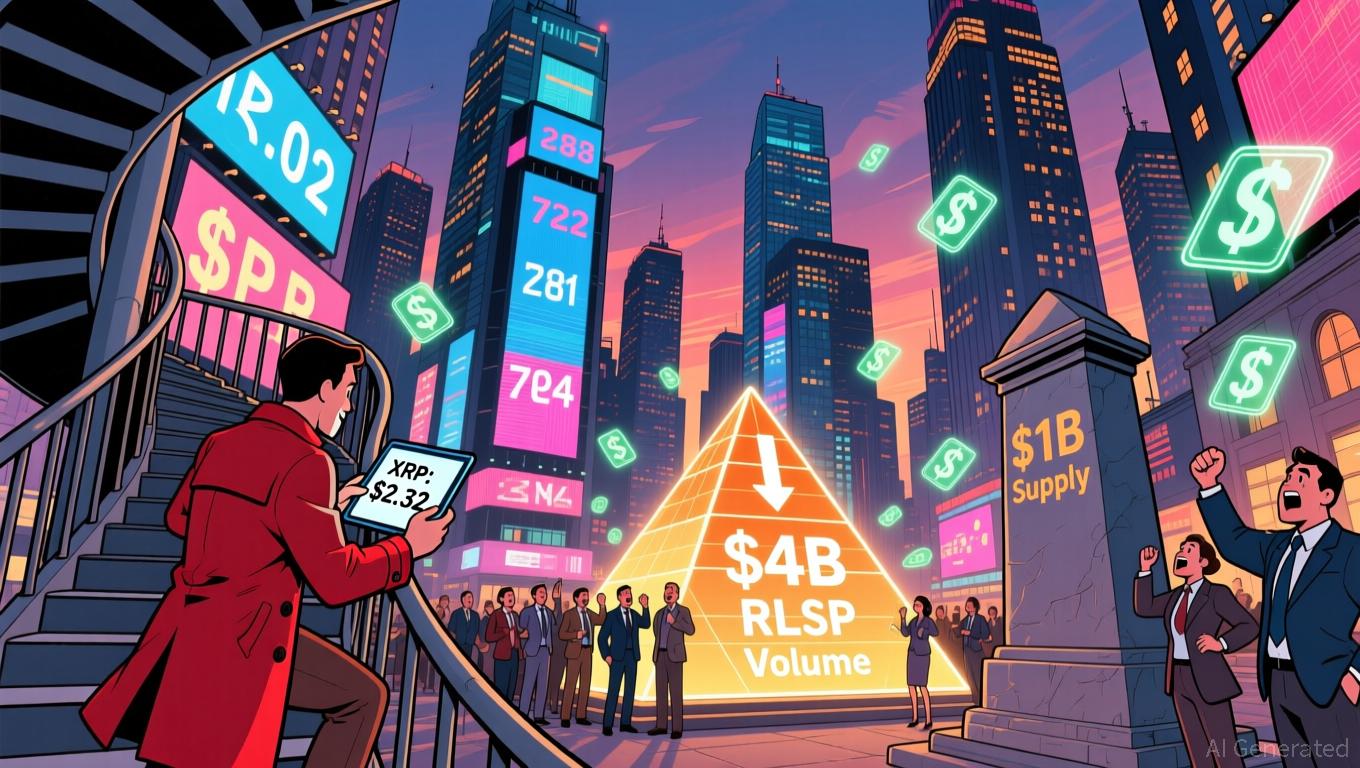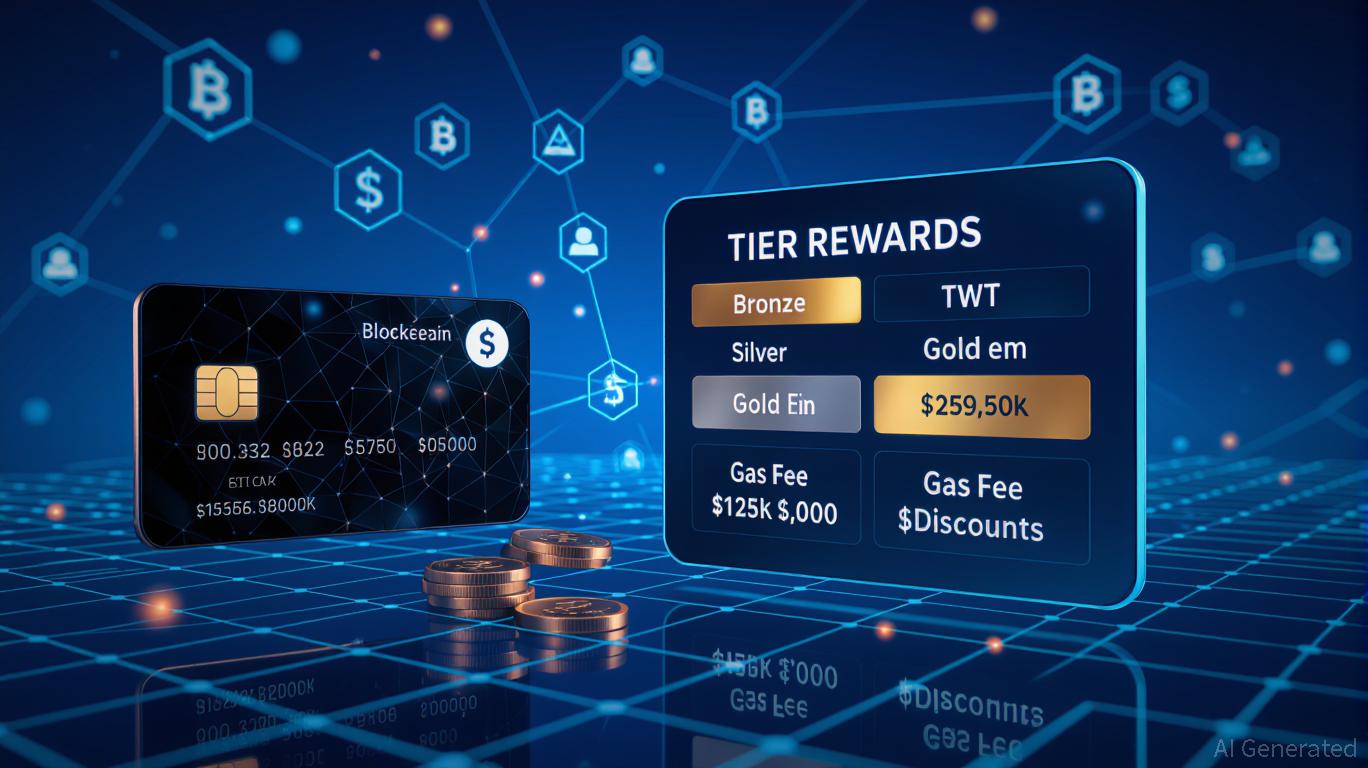Antitrust Battle Ignites as Pfizer Obstructs Novo's $9 Billion Metsera Acquisition
- Novo Nordisk's $9B Metsera acquisition faces Pfizer lawsuits alleging antitrust violations and breach of contract under U.S. antitrust laws. - Pfizer claims the deal delays GLP-1 competition and binds Metsera to restrictive covenants, while Novo dismisses allegations as "baseless" and confident in antitrust compliance. - Novo cuts $8B annual costs, launches Wegovy pill, and partners with Costco/Walmart to counter 9% market share loss amid U.S. pricing pressures and patent expirations. - The obesity drug
Novo Nordisk, the Danish pharmaceutical leader known for its best-selling weight-loss medications Wegovy and Ozempic, is facing a twofold challenge as it works to maintain its top position amid ongoing lawsuits and updated financial projections. The company’s planned $9 billion purchase of biotech company
Pfizer contends that
This legal dispute highlights the enormous stakes in the obesity medication industry, where experts predict annual sales could climb to $150 billion in the near future. Novo’s intended acquisition of Metsera would strengthen its development pipeline with new therapies that could bring in $5 billion in revenue. At the same time, Pfizer’s strategy to enter this market depends on securing Metsera to advance its own weight-loss drugs, a key move as it faces patent losses and shrinking income from older medicines.
On the financial front,
To address these challenges, Novo is implementing an $8 billion annual cost-saving plan and reducing its global workforce by 9,000, as highlighted in its Q3 2025 earnings report. The company also revealed new product launches, including an oral version of Wegovy, and has formed partnerships with major retailers Costco and Walmart to broaden its market reach, according to an
As the legal contest over Metsera continues, Novo Nordisk’s success will depend on how well it manages legal risks while driving innovation to stay ahead in this fast-changing industry.
Disclaimer: The content of this article solely reflects the author's opinion and does not represent the platform in any capacity. This article is not intended to serve as a reference for making investment decisions.
You may also like
Ethereum Updates: UBS Launches Tokenized Fund, Highlighting Blockchain’s Growing Role in Institutional Finance
- UBS executed first tokenized fund transaction using Chainlink's DTA standard on Ethereum , automating fund operations via smart contracts. - The uMINT fund with DigiFT's real-time processing demonstrated blockchain's potential to streamline institutional asset management and reduce reconciliation costs. - Institutional adoption accelerates as BNY, Goldman Sachs , and WisdomTree launch tokenized fund projects, with Ethereum's tokenized assets growing 2,000% YoY. - XRP and cross-border crypto projects gain

XRP News Today: XRP's Strong Fundamentals Face Off Against Death Cross—Will Institutional Investment Trigger a Recovery?
- XRP fell to $2.32 as technical indicators showed a death cross and bearish patterns, despite RLUSD's $1B supply milestone. - ETF filings by Bitwise and 21Shares could boost institutional liquidity, but U.S. government shutdown delays regulatory approvals. - Market sentiment remains cautious (Fear & Greed Index at 31) amid Bitcoin's downtrend dragging altcoins lower. - Analysts split between $1.9 support retests and potential rebounds above $2.40-2.50, with RSI at neutral 49.98.

Trust Wallet Token (TWT) Price Forecast: Ushering in a New Chapter for Decentralized Finance?
- Trust Wallet Token (TWT) surged to $1.6 in October 2025, doubling from June lows, driven by strategic integrations and institutional partnerships. - TWT's reimagined utility model, including Trust Premium loyalty rewards and Onramper fiat-onboarding, boosted real-world adoption in emerging markets. - Institutional interest grew via RWA tokenization (e.g., U.S. Treasury bonds) and ZKsync privacy integrations, while Q3 2025 data showed $330M market cap and $11M daily volume. - Analysts project $5.13 (2025)

HBAR's ETF Surge Contrasts with Institutional Sell-Off as Token Drops 2.1%
- HBAR fell 2.1% to $0.1837 as a 95% volume surge signaled institutional selling pressure, breaking key resistance near $0.1940. - Canary Capital's first U.S. HBAR ETF (HBR) launched October 28, 2025, aiming to boost institutional access despite recent price weakness. - Technical indicators show bearish structure with critical support at $0.1831, suggesting further downside risk if consolidation fails. - While Hedera's enterprise blockchain infrastructure remains stable, macroeconomic pressures and regulat
